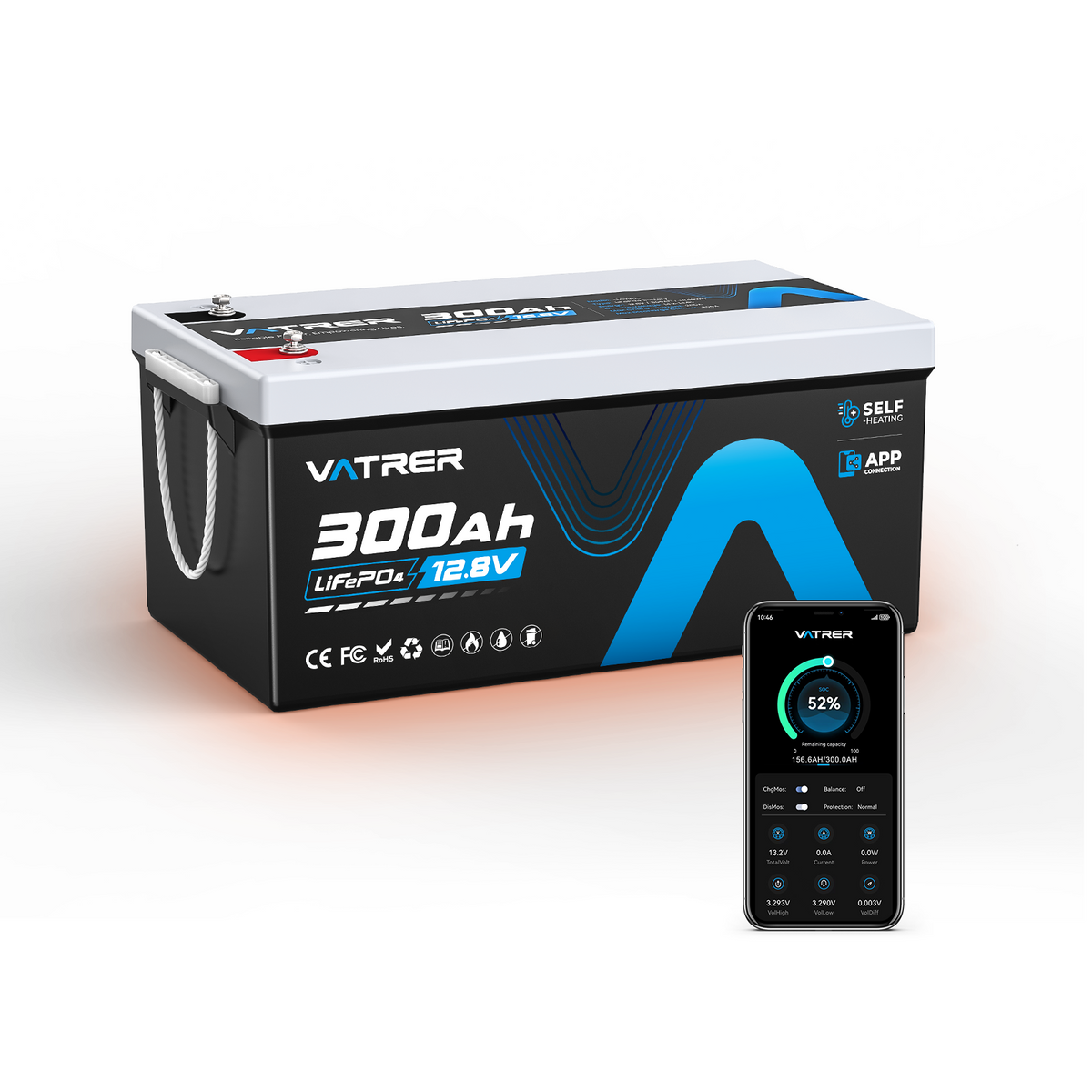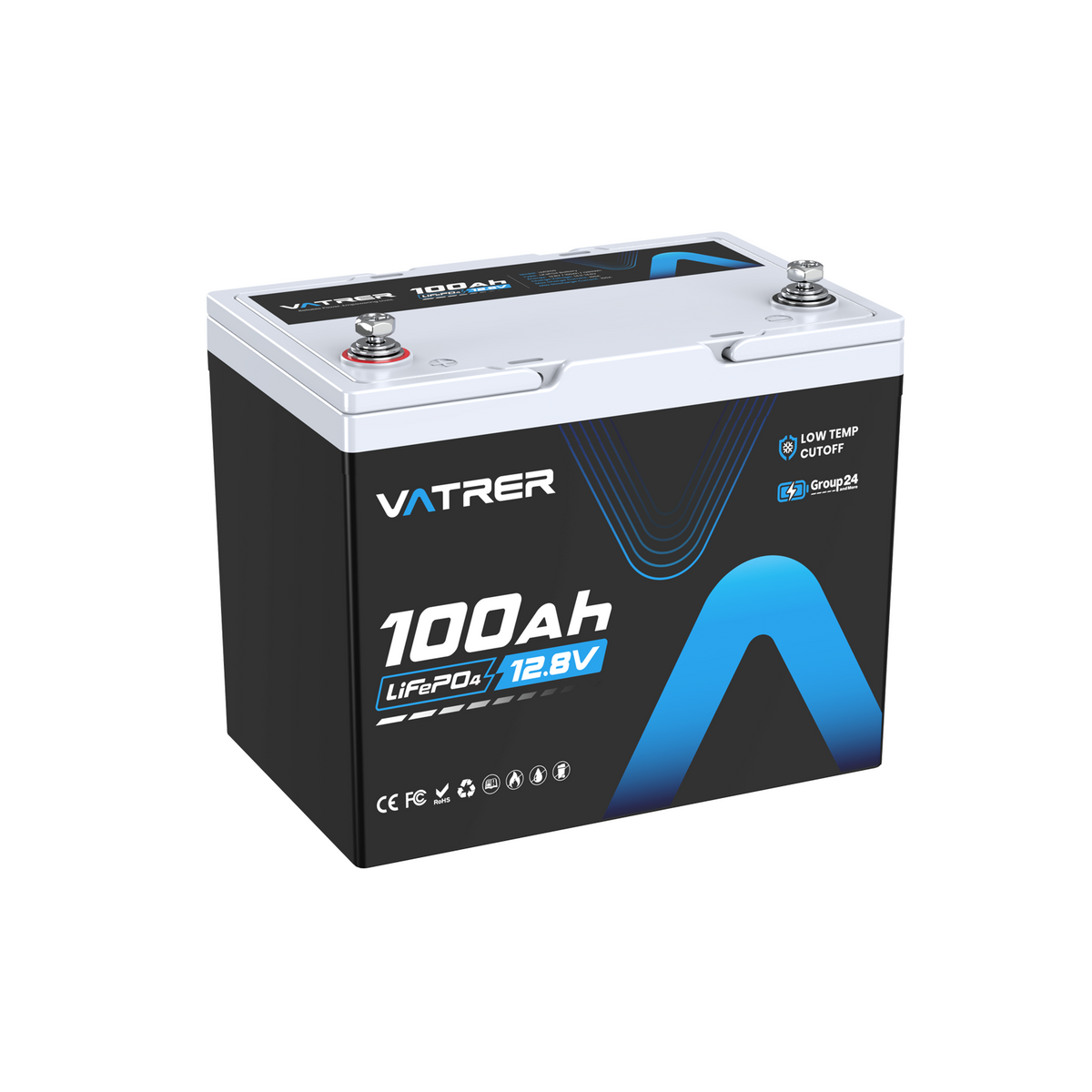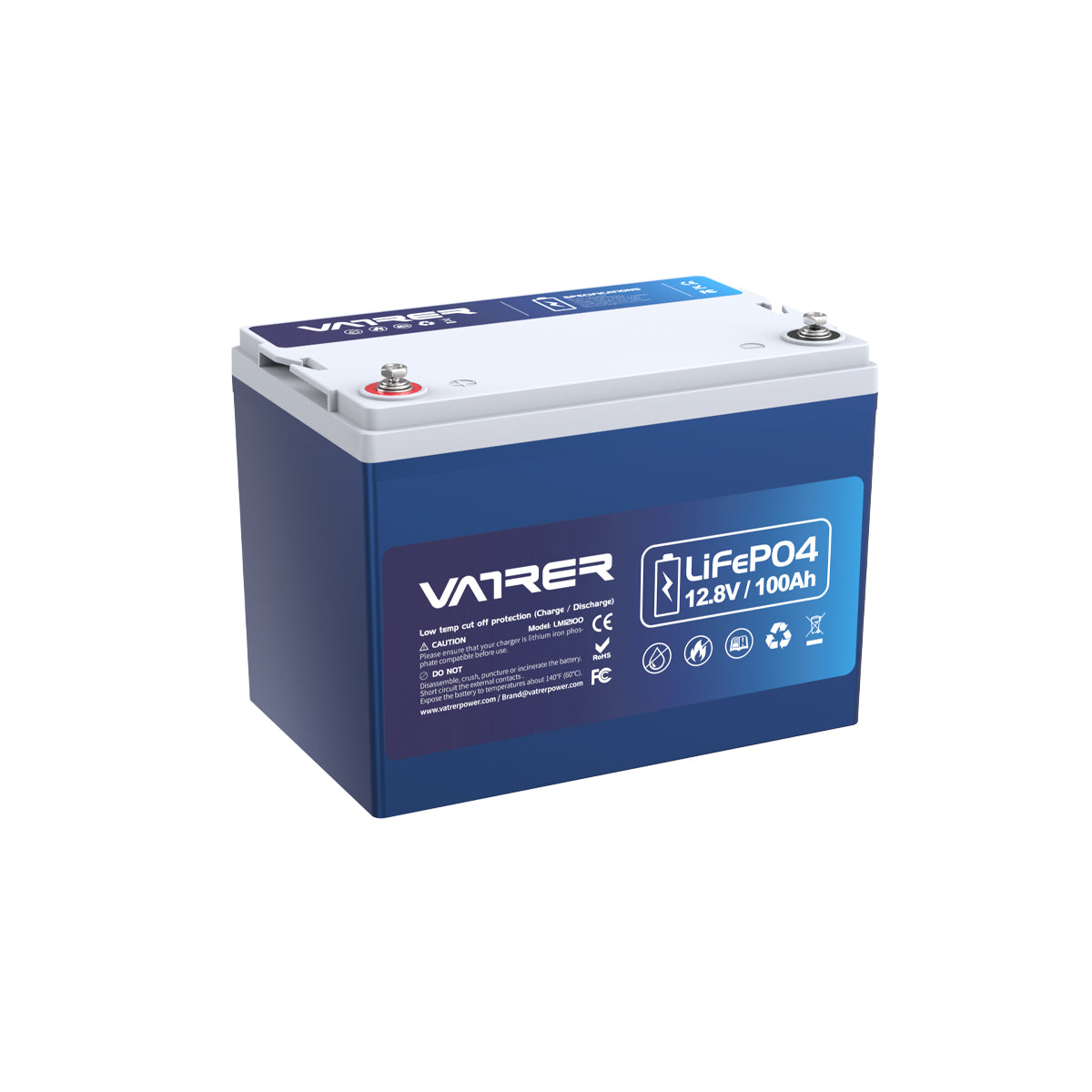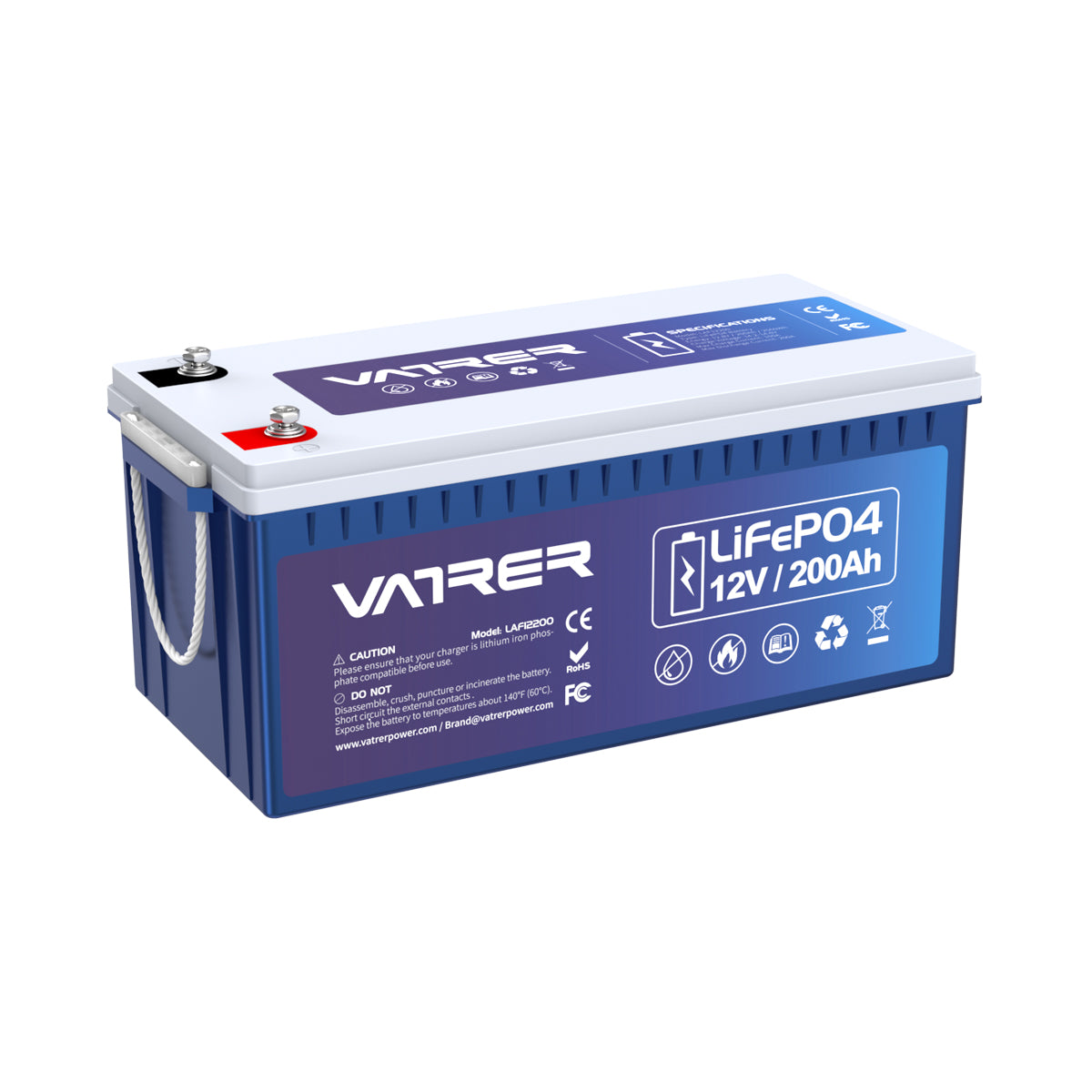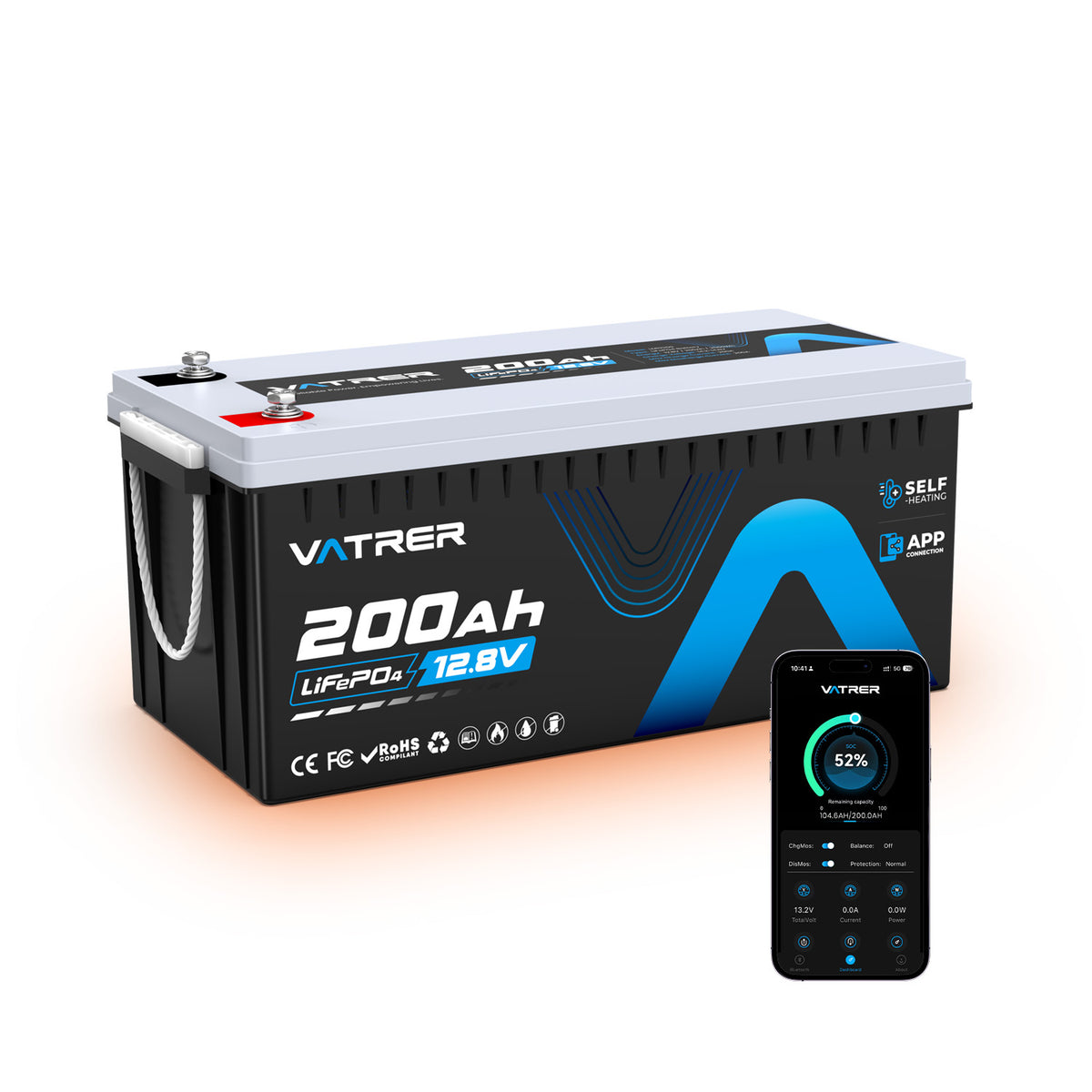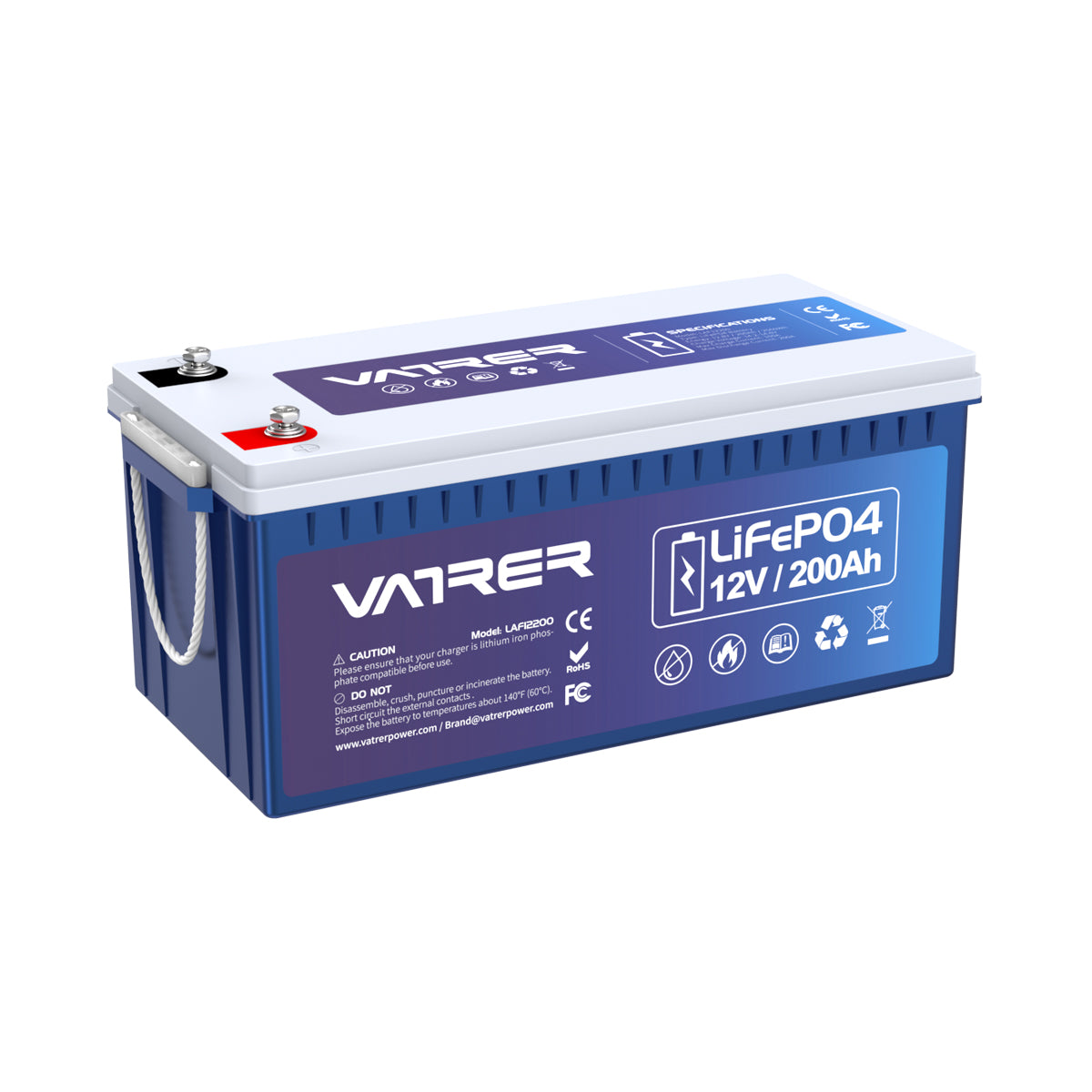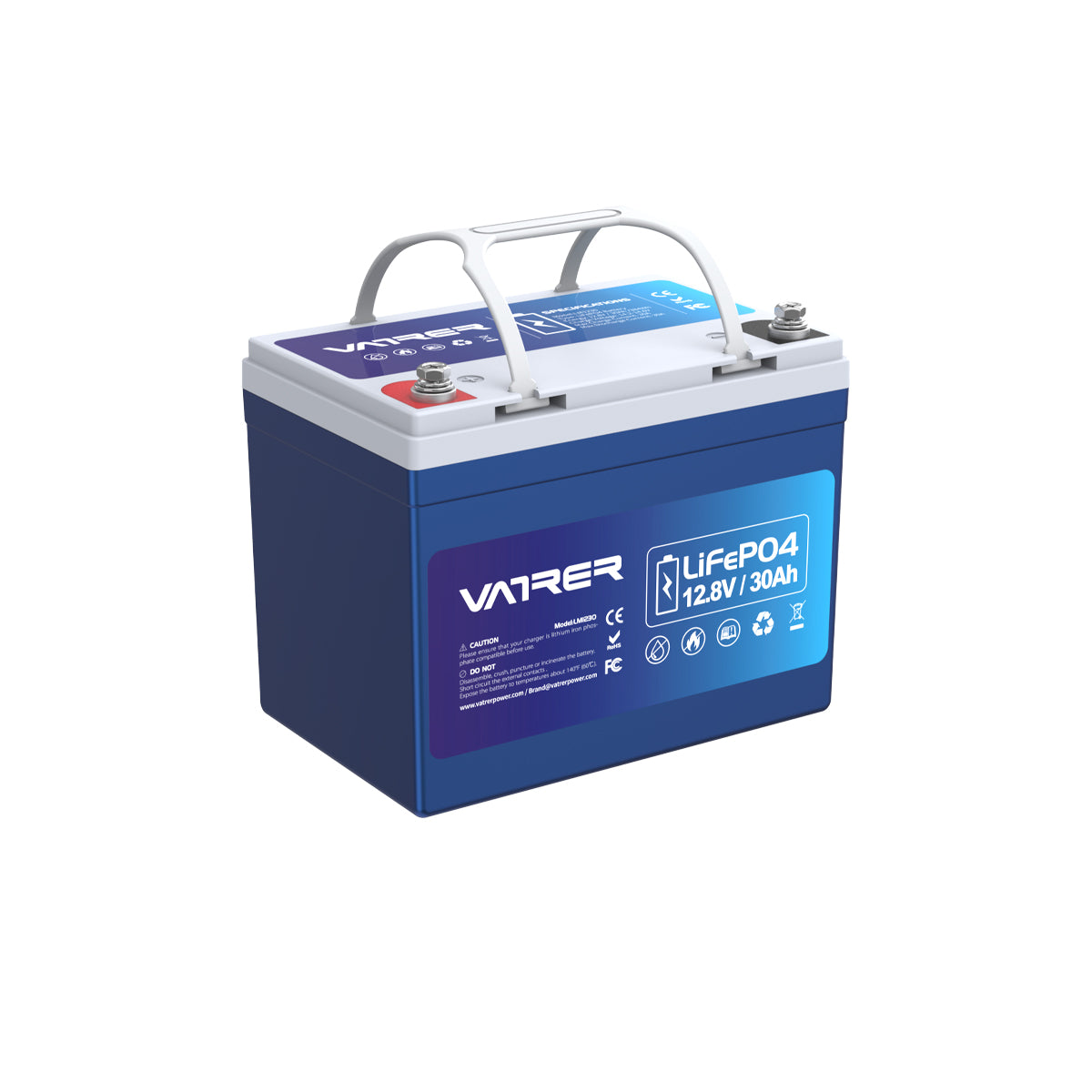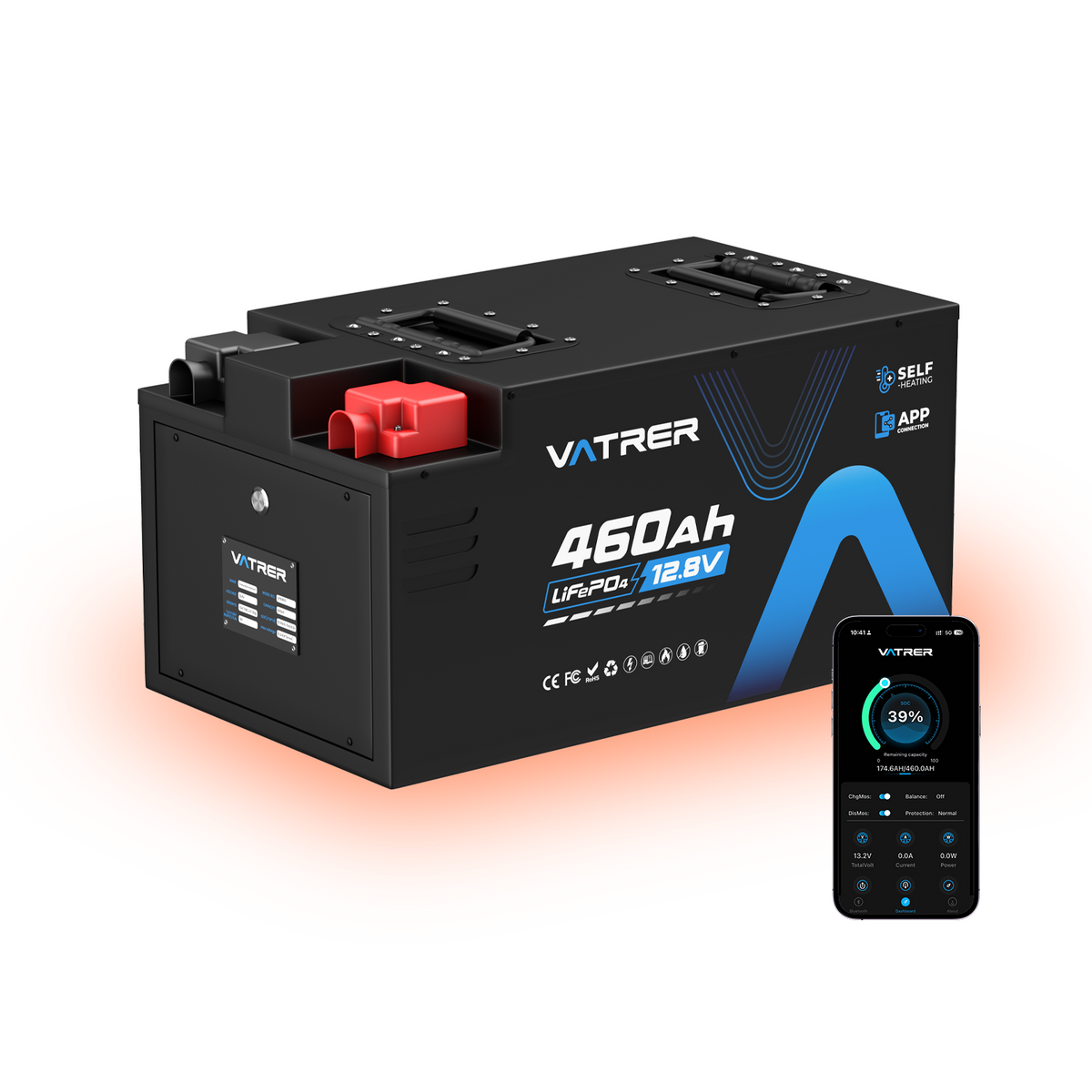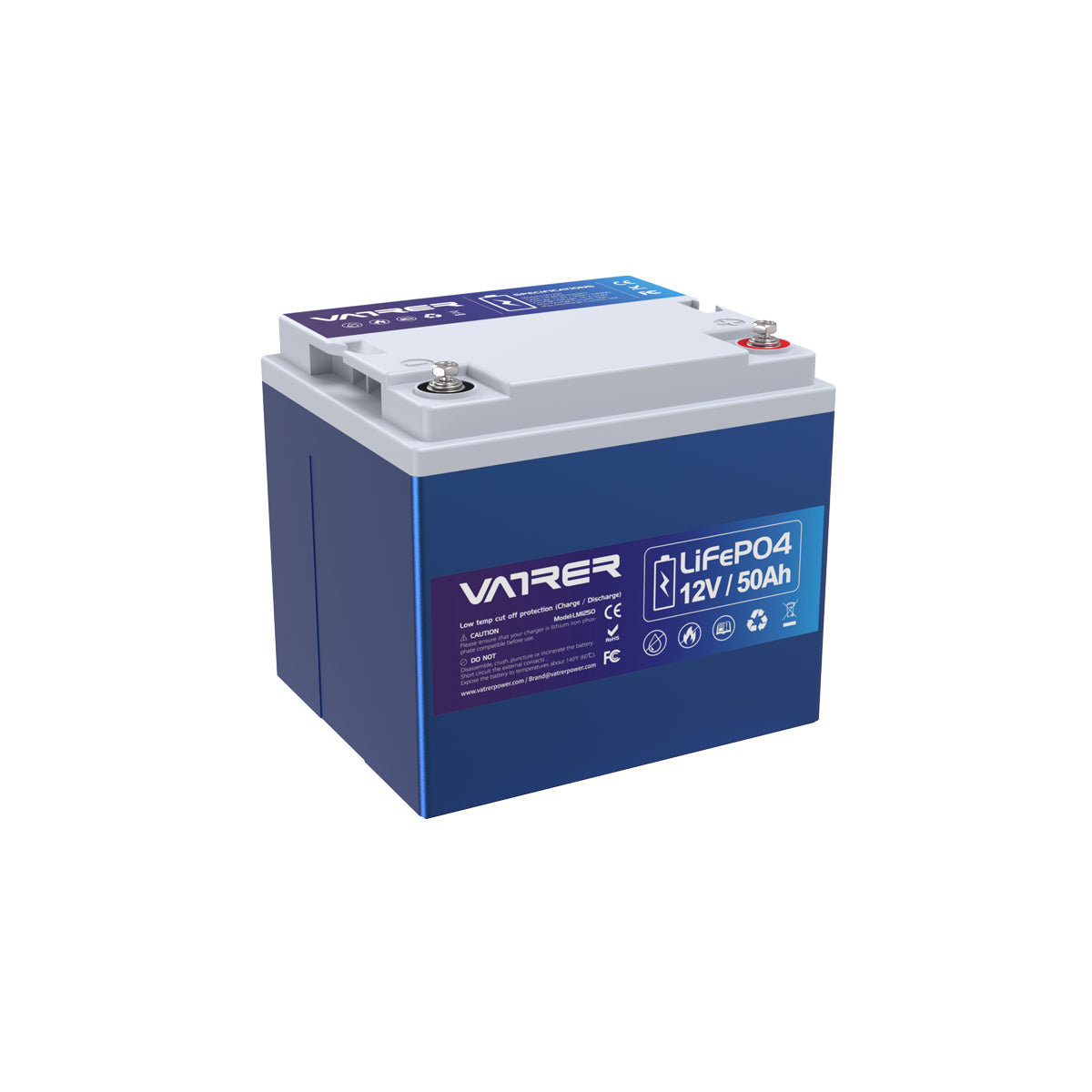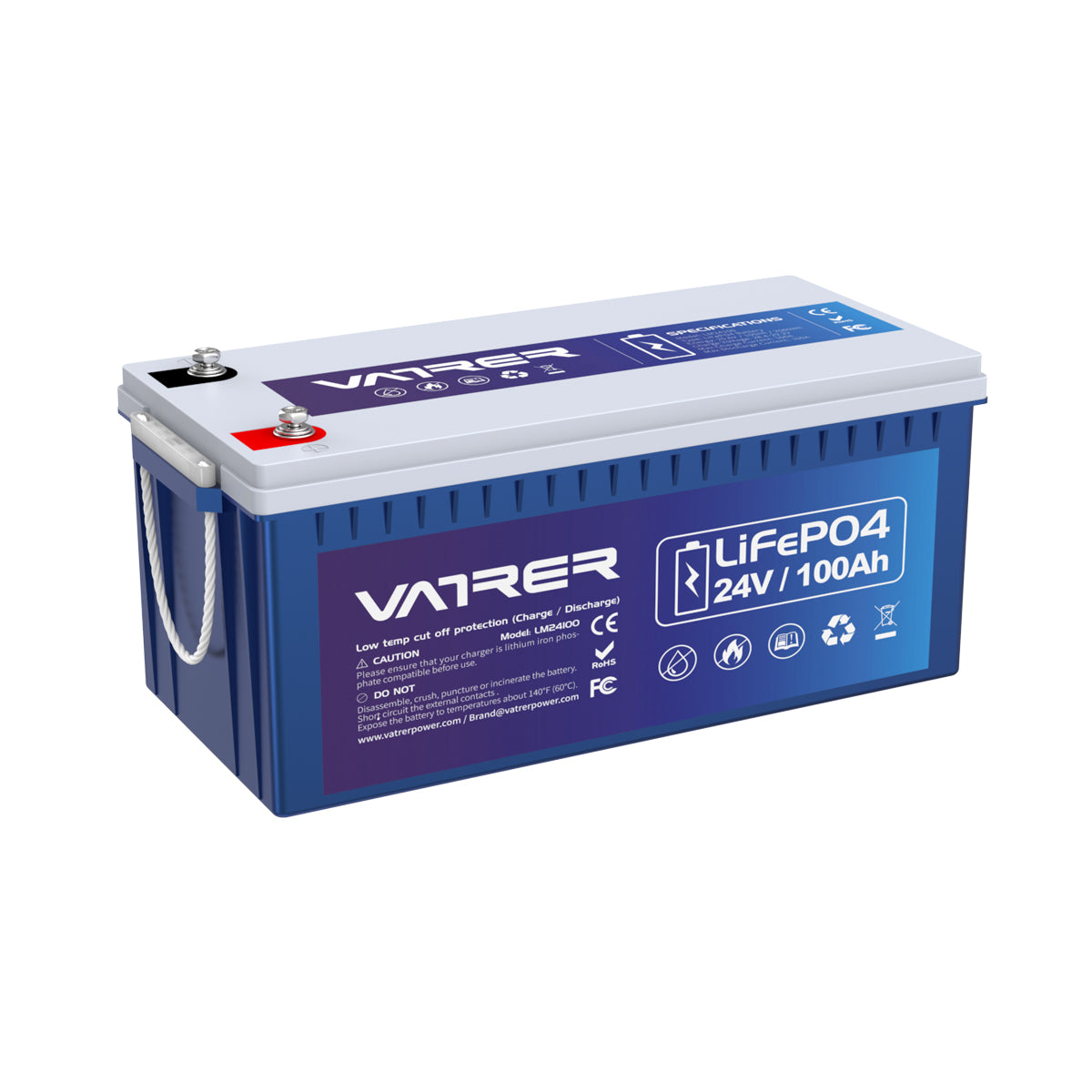Introduction
Golf cart batteries are essential components that power your golf cart and ensure its optimal performance. Regularly testing your golf cart batteries is crucial for assessing their health and determining if they need maintenance or replacement. In this article, we will provide you with a step-by-step guide on how to test your golf cart batteries effectively.
Step 1: Safety First
Before starting any battery testing procedures, it is essential to prioritize safety. Ensure you are wearing protective gloves and eyewear to prevent any accidents or exposure to battery acid. Additionally, make sure the golf cart is turned off and the key is removed.
Step 2: Visual Inspection
Begin by visually inspecting the batteries for any signs of damage, corrosion, or leaks. Look for bulging or cracked cases, loose connections, or excessive buildup of corrosion on the terminals. If you notice any of these issues, it may be an indication that the battery needs immediate attention.
Step 3: Voltage Testing
To determine the voltage of each battery, you will need a digital multimeter. Set the multimeter to the DC voltage setting and ensure it is capable of measuring the battery voltage range (typically 6V or 8V for golf cart batteries).
- Proceed to test each battery individually by placing the multimeter's positive probe on the positive terminal of the battery and the negative probe on the negative terminal.
- Take note of the voltage reading displayed on the multimeter. A fully charged battery should show a voltage between 6.3V and 6.5V for 6V batteries, or between 8.3V and 8.5V for 8V batteries.
Step 4: Load Testing
Voltage testing alone may not provide a complete picture of a battery's health. Performing a load test allows you to assess its capacity to deliver power under a simulated load. To conduct a load test:
- Use a load tester specifically designed for golf cart batteries. Follow the manufacturer's instructions for connecting the load tester to the battery terminals.
- Apply a load to the battery for a specific duration, usually 15 seconds, while monitoring the voltage drop. A healthy battery should maintain a stable voltage during the load test. If the voltage drops significantly, it may indicate a battery with reduced capacity or internal damage.
Step 5: Professional Battery Testing
If you have concerns about the battery's performance or are unsure of the testing process, it is advisable to consult a professional battery specialist. They have access to advanced battery testing equipment that can provide a more accurate assessment of the battery's condition.
Video: How to Load Test Golf Cart Batteries - DIY Golf Cart FAQ
Conclusion
Testing your golf cart batteries regularly is essential for maintaining their performance and longevity. By following the steps outlined in this guide, you can assess the voltage and capacity of your batteries accurately. Remember, early detection of battery issues can help prevent unexpected breakdowns and ensure a smooth golfing experience. If you have any doubts or concerns, it is always best to consult a professional for expert advice.
Continue reading:
1. What You Should Know About Golf Cart Lithium Battery
2. Top 5 Golf Cart Lithium Batteries
3. Buying Guide: Golf Cart Batteries
4. The Lifespan of Golf Cart Batteries: How Long Can They Last?















